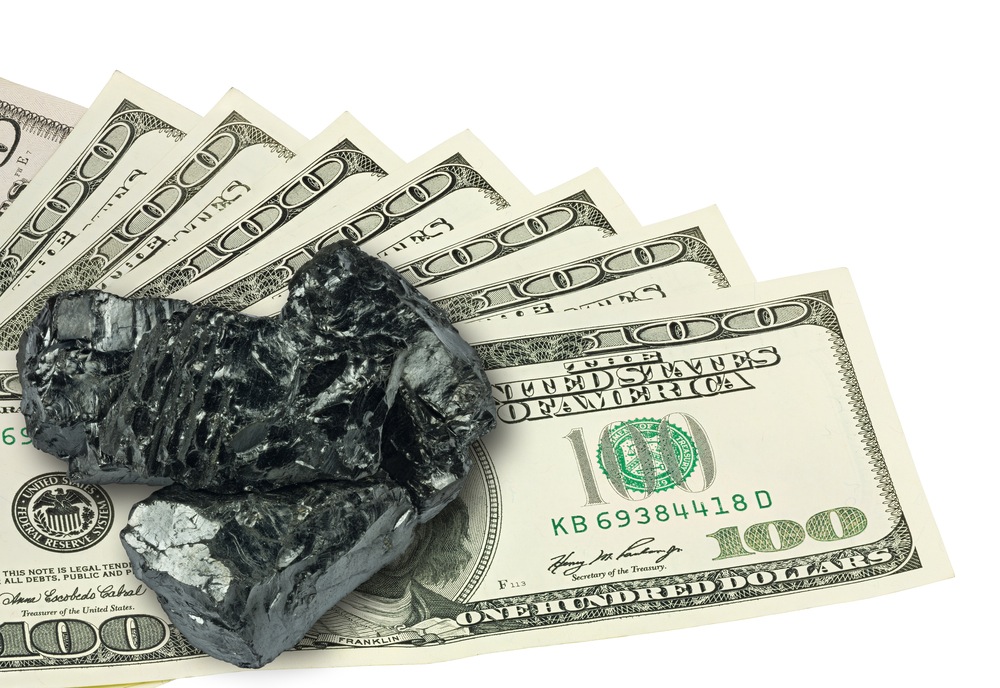There’s a new ally in the fight against the dirtiest of fossil fuels.
The World Bank’s board of directors approved a strategy shift this week that will move the lending body formally away from its longstanding support of coal-fired power plants in favor of cleaner and smarter alternatives.
Following the adoption Tuesday of its Energy Sector Directions Paper [PDF], the World Bank will “provide financial support for greenfield coal power generation projects only in rare circumstances,” such as where there are “no feasible alternatives to coal.”
The bank isn’t morphing from sinner to saint. It will still support new fossil-fuel projects, including those powered by natural gas, along with hydropower projects that wreck rivers and displace communities. But its shift away from coal could be significant, particularly as an example for other international financing groups. In the same vein, President Barack Obama recently called for an end to America’s financing of new coal plants abroad in most circumstances.
The World Bank is a huge financier of infrastructure projects, loaning nearly $53 billion last year to poor and developing countries. Its most recent support for construction of a coal-fired power plant came three years ago, when it approved a $3 billion loan for a coal facility in South Africa.
The shift is being welcomed by environmentalists, but they are anxious to find out how the bank will define the situations in which there are “no feasible alternatives to coal.” From Reuters:
“While it misses an opportunity to close the door for good (on coal lending) it only allows it in narrowly defined cases where there are no feasible alternatives,” Justin Guay, a Washington representative for the Sierra Club, said about the new strategy.
Guay said there had been concerns China would not allow the new language to go through, as had happened with past proposals to cut back on coal funding.
The real test of the strategy may come next year, when the World Bank should decide whether to provide loan guarantees for [a] Kosovo power plant fired by coal.
The strategy paper lays out the World Bank’s new energy priorities:
In countries with low energy access, the priority will be affordable and reliable energy. Grid, mini-grid, and off-grid solutions will all be pursued for electricity. In rural, remote or isolated areas, off-grid solutions based on renewable energy combined with energy efficient technologies could be the most rapid means of providing cost-effective energy services. Engagement in cleaner cooking and heating solutions will grow. …
Efforts to improve energy efficiency — one of the most cost-effective ways to expand supply and reduce environmental impact — will be scaled up according to countries’ needs and opportunities. …
The World Bank Group will continue to support and finance all forms of renewable energy … Rapidly declining costs are making wind and solar power competitive in some settings, while geothermal energy is a relatively low-cost source of renewable energy providing a dependable supply. Biogas and biomass-based energy also play useful roles.





